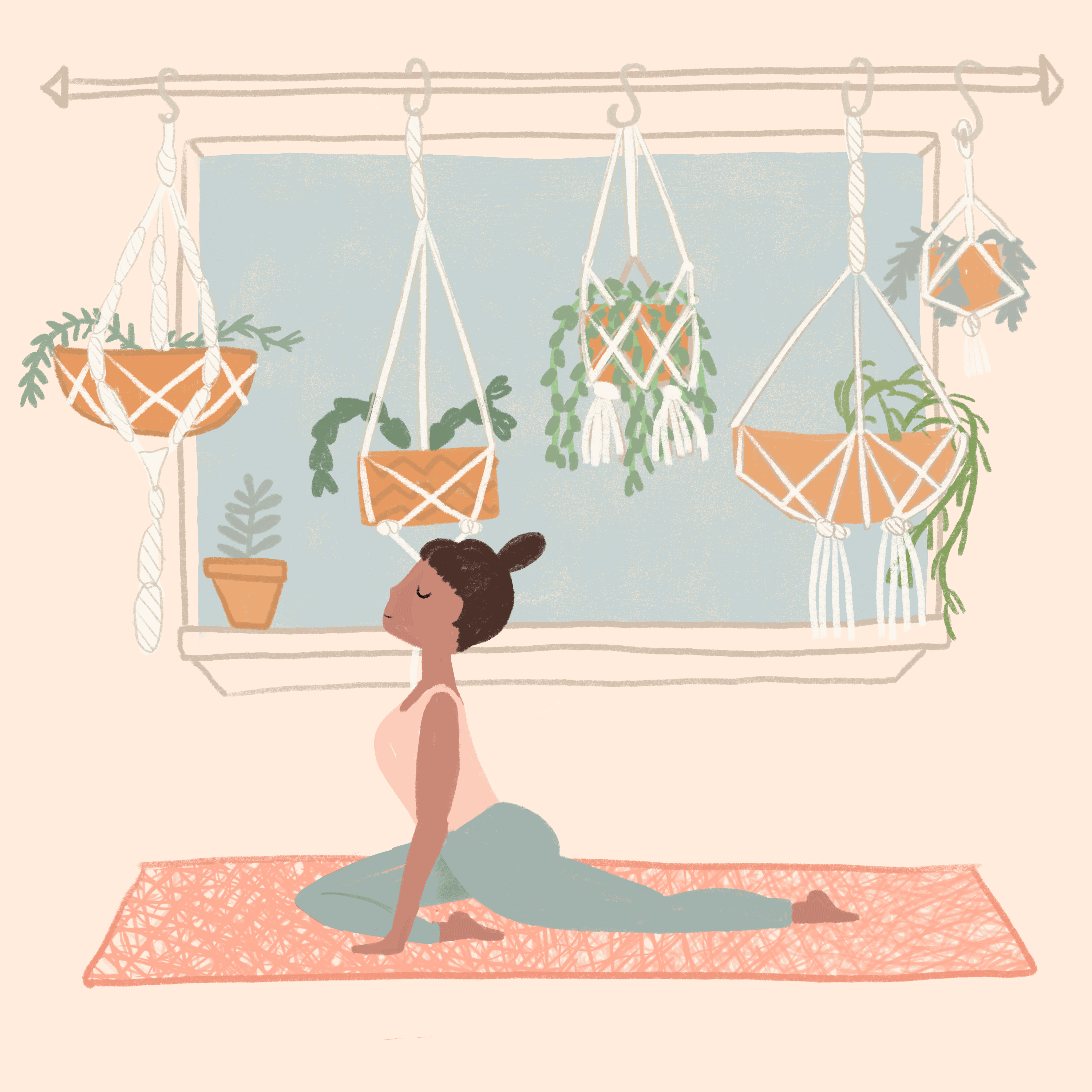Technology creates a world where everyone and anything is instantly within your reach. If you have a question about how to boil eggs, you don't call a family member for advice. You do a quick internet search on your phone and get your answer within seconds.
Many benefits come with modern smartphones, but some are drawbacks in disguise. A common mistake many people make is using their phones before they go to sleep. They think it's a way to wind down after a long day, but it actually hurts you in the long run.
Check out why you should stop using your smartphone before bed and how to do it. You'll discover tips that make shutting down easy, so you can get the sleep you deserve.
IT KEEPS YOUR BRAIN ACTIVE

While you're on your phone, your brain must stay active to process everything you see. You might play a few games or scroll through social media to shake off your stress and prepare for bed. Although you may feel calmer after 15-30 minutes on your phone, your brain is wide awake.
That's a problem when you finally put your phone down and turn the lights off. The extra screen time gets your brain hyped for learning something new, communicating with other people or playing games. Shutting off the lights might not be enough to slow your thoughts down, leading to long nights spent watching the clock.
IT DELAYS REM SLEEP

You might think you can skip the sleep problems caused by late-night tech use by turning the brightness down on your electronics, but that's not true. While reduced brightness and orange screen tinting make things easier on your eyes, the electronic still produces blue light and causes additional exposure that delays rapid eye movement (REM) sleep.
REM sleep is crucial for anyone looking to wake up feeling re-energized. It typically begins 90 minutes after you fall asleep, reoccurring in short stages throughout the night. Digital blue light delays essential melatonin onset that causes deep sleep, so late-night gamers and social media enthusiasts experience lower-quality sleep.
Another immediate concern of late-night blue light exposure is how it jumpstarts the brain and keeps it functioning at a rapid pace. Studies have shown that fluorescent lights alone lead to increased episodes of hyperactivity, with similar effects from digital blue light sources.
PUT YOUR PHONE AWAY
Now that you know the most pressing issues caused by using your phone before bed, it's time to try some of these encouraging tips. They'll help you put your phone away and sleep better, starting tonight.
1. TRY A NEW RELAXING HABIT

People struggle with not using their phones at night because it's a habit. Habits are programmed into the brain every time you practice the action, so the answer isn't as simple as leaving your phone alone. Your mind will still ask you to compulsively pick it up.
Instead, switch out your old habit with a new one. The next time you turn off your phone, unwind without your tech gadgets by reading or monitoring your breathing. Starting a few healthy habits will help you transition into a better bedtime routine.
2. SILENCE YOUR NOTIFICATIONS

People invent creative sleep hacks all the time, but the solution to your sleeping problems could be as simple as silencing your notifications. When you hear your phone beep or see it light up at night, it's hard to resist the urge to check your screen. Turn off notifications or silence your phone to prevent yourself from waking up during the night.
3. CHARGE IN ANOTHER ROOM

If your phone isn't on your bedside table, it's easier to put it out of your mind and go to sleep. Move your charger to another room to physically remove what keeps you from sleeping.
If you need to have access to your phone in case of an emergency, consider linking it to a smartwatch. You'll still get the call or text notifications, but it's easier to leave the watch alone and resist downloading entertainment apps.
4. SEE WHAT WORKS FOR YOU

Part of living a healthy lifestyle is getting to the bottom of your sleep problems. Start by considering if you use your phone up until the minute you fall asleep. The digital blue light could be disrupting your rest. Replace your phone habits with healthy ones like reading or mindful breathing, so you can experience better shut-eye on a regular basis.
If switching off is simply not an option right now because you have to get work done, then it’s time to consider covering your peepers with blue light blocking glasses. Here’s a range of cool frames for every personality.
Also, visit our collection of deep sleep products.
DO YOU WANT TO IMPROVE YOUR LIFESTYLE?
Start by limiting your daily blue light exposure with a blue light blocking glasses combo.





